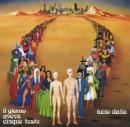Pianeta verde
English translation / Traduzione inglese / Traduction anglaise / Italiankielinen käännös:

Riccardo Venturi, 27-04-2019 22:02
GREEN PLANET
(Continues)
(Continues)
2019/4/27 - 22:02
Dendrocronologia

Polish version by Krzysiek Wrona
Version polonaise de Krzysiek Wrona
Puolankielinen versio: Krzysiek Wrona
Version polonaise de Krzysiek Wrona
Puolankielinen versio: Krzysiek Wrona
DENDROCHRONOLOGIA
(Continues)
(Continues)
Contributed by Krzysiek Wrona 2019/4/27 - 19:09
Das Lied Der Obdachlosen

Chanson allemande – Das Lied Der Obdachlosen – Bertolt Brecht – 1932
Paroles de Bertolt Brecht
Musique de Hanns Eisler
Avec Solidaritätslied, une autre chanson de Brecht-Eisler, incluse à l’origine dans la bande sonore du film « Kuhle Wampe, oder Wem gehört die Welt" (« Ventre vide, ou À qui le monde appartient ») réalisé en 1932 par Slatan Dudow sur un scénario de Brecht et Ernst Ottwald.
Je pense que « Das Lied Der Obdachlosen – LE CHANT DES SANS-ABRI » devrait accompagner les séquences du film dans lequel, après le suicide de son frère au chômage, la protagoniste Anni et ses parents sont expulsés de la maison et sont obligés de rejoindre d’autres personnes expulsées et au chômage dans un camp de tentes et de baraquements à la périphérie de Berlin que ces mêmes habitants ont appelé « Kuhle Wampe ». Les producteurs du film ont cependant préféré retirer le morceau de la bande sonore afin... (Continues)
Paroles de Bertolt Brecht
Musique de Hanns Eisler
Avec Solidaritätslied, une autre chanson de Brecht-Eisler, incluse à l’origine dans la bande sonore du film « Kuhle Wampe, oder Wem gehört die Welt" (« Ventre vide, ou À qui le monde appartient ») réalisé en 1932 par Slatan Dudow sur un scénario de Brecht et Ernst Ottwald.
Je pense que « Das Lied Der Obdachlosen – LE CHANT DES SANS-ABRI » devrait accompagner les séquences du film dans lequel, après le suicide de son frère au chômage, la protagoniste Anni et ses parents sont expulsés de la maison et sont obligés de rejoindre d’autres personnes expulsées et au chômage dans un camp de tentes et de baraquements à la périphérie de Berlin que ces mêmes habitants ont appelé « Kuhle Wampe ». Les producteurs du film ont cependant préféré retirer le morceau de la bande sonore afin... (Continues)
LE CHANT DES SANS-ABRI
(Continues)
(Continues)
Contributed by Marco Valdo M.I. 2019/4/27 - 18:39
Poesia facile
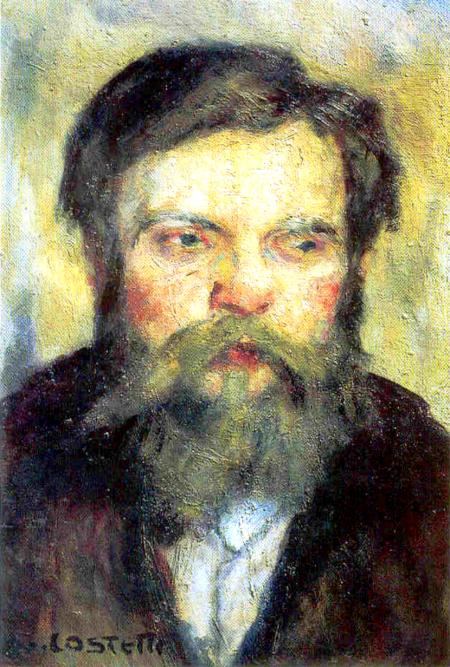
Chanson italienne – Poesia facile – Massimiliano Larocca – 2015
Poème de Dino Campana [1928]
Tiré des Canti Orfici (édition à compte d’auteur – Firenze 1914
Musique : Massimiliano Larocca
Interprétation : Massimiliano Larocca
Voix et guitare ténor : Cesare Basile
Album : Un mistero di sogni avverati [2015]
Le poète Dino Campana, né le 20 août 1885 à Marradi, en Toscane romagnole, aurait été fou, dit-on. Comme il y a maintenant beaucoup de biographies de ce grand poète, philologiquement correctes ou romancées (ainsi que des films et des scénarios), je n’en ajouterai certainement pas une autre, je ne parlerai pas de son célèbre et grand amour avec Sibilla Aleramo et ça se terminera que je ne dirai même pas qu’il est mort, vraiment là à l’asile, le 1er mars 1932 à Castelpulci près de Lastra a Signa, à deux pas de la villa (appartenant au ténor Enrico Caruso), qui vit beaucoup de sa relation... (Continues)
Poème de Dino Campana [1928]
Tiré des Canti Orfici (édition à compte d’auteur – Firenze 1914
Musique : Massimiliano Larocca
Interprétation : Massimiliano Larocca
Voix et guitare ténor : Cesare Basile
Album : Un mistero di sogni avverati [2015]
Le poète Dino Campana, né le 20 août 1885 à Marradi, en Toscane romagnole, aurait été fou, dit-on. Comme il y a maintenant beaucoup de biographies de ce grand poète, philologiquement correctes ou romancées (ainsi que des films et des scénarios), je n’en ajouterai certainement pas une autre, je ne parlerai pas de son célèbre et grand amour avec Sibilla Aleramo et ça se terminera que je ne dirai même pas qu’il est mort, vraiment là à l’asile, le 1er mars 1932 à Castelpulci près de Lastra a Signa, à deux pas de la villa (appartenant au ténor Enrico Caruso), qui vit beaucoup de sa relation... (Continues)
POÉSIE FACILE
(Continues)
(Continues)
Contributed by Marco Valdo M.I. 2019/4/25 - 11:16
Das Lied Der Obdachlosen

LA CANZONE DEI SENZATETTO
(Continues)
(Continues)
Contributed by Francesco Mazzocchi 2019/4/25 - 10:22
Il Russo
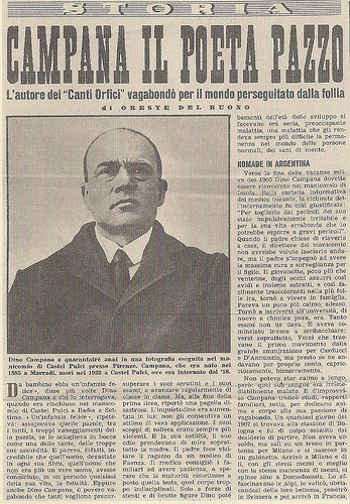
La poesia completa di Dino Campana
The complete poem by Dino Campana
Le poème complet de Dino Campana
Dino Campanan täydellinen runo
The complete poem by Dino Campana
Le poème complet de Dino Campana
Dino Campanan täydellinen runo
IL RUSSO
(Continues)
(Continues)
Contributed by Riccardo Venturi 2019/4/24 - 21:26
Poesia facile
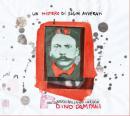
Sonya Gray Redi
InTranslation / Poetry by Dino Campana
InTranslation / Poetry by Dino Campana
Dino Campana (1885-1932) was an innovative Italian poet. His controversial writings are captured in his only published book of poetry, the emotionally intense and visionary Canti Orfici (“Orphic Songs”). The prime Italian example of a poète maudit, Campana battled mental health problems from an early age and spent a great deal of his youth in and out of lunatic asylums and traveling across Europe. An autodidact, he taught himself several languages and became part of the thriving literary scene in Florence. He composed the poems for Canti Orfici sometime between 1906 and 1913, and self-published them in 1914. Shortly after, Campana began a notorious and tumultuous love affair with Sibilla Aleramo, the author of Una donna. In 1918, Campana was admitted to a psychiatric hospital near Florence where he remained until his death in 1932. His remains were given a proper burial in 1946 in a ceremony attended by many Italian intellectuals, including Eugenio Montale and Carlo Bo.
EASY POEM
(Continues)
(Continues)
Contributed by Riccardo Venturi 2019/4/24 - 20:22
Moderne Legende

Francesco Mazzocchi
LEGGENDA MODERNA
(Continues)
(Continues)
Contributed by Francesco Mazzocchi 2019/4/24 - 20:20
Son proletari i partigiani

Mi sbaglio o la melodia è almeno molto simile alla (successiva) R60?
Emanuela 2019/4/23 - 09:56
The Ballad of Nick & Bart [Here's To You]
![The Ballad of Nick & Bart [Here's To You]](img/thumb/c3392_130x140.jpeg?1328224498)
Testo in francese di Georges Moustaki; in catalano e spagnolo di Joan Isaac; in italiano di Sergio Secondiano Sacchi
HERE'S TO YOU
(Continues)
(Continues)
2019/4/22 - 23:36
I treni per Reggio Calabria
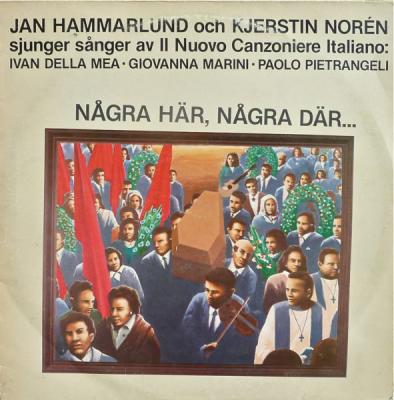
Tågen till Reggio Kalabrien: La versione svedese di Kjerstin Norén e Jan Hammarlund dall'album Några här, några där (1981)
Tågen till Reggio Kalabrien: den svenska versionen av Kjerstin Norén och Jan Hammarlund från albumet Några här, några där (1981)
Tågen till Reggio Kalabrien: the Swedish version by Kjerstin Norén and Jan Hammarlund from the album Några här, några där (1981)
Tågen till Reggio Kalabrien: la version suédoise de Kjerstin Norén et Jan Hammarlund tirée de l'album Några här, några där (1981)
Tågen till Reggio Kalabrien: Kjerstin Norénin ja Jan Hammarlundin ruotsinkielinen versio albumista Några här, några där (1981)
Una straordinaria trouvaille del nostro Webmaster, Lorenzo Masetti: cercando, a suo dire, una “fantomatica versione di Contessa in svedese” citata in un “libro sul '68”, si è imbattuto in un album intero di canzoni di lotta e proletarie italiane degli anni '60... (Continues)
Tågen till Reggio Kalabrien: den svenska versionen av Kjerstin Norén och Jan Hammarlund från albumet Några här, några där (1981)
Tågen till Reggio Kalabrien: the Swedish version by Kjerstin Norén and Jan Hammarlund from the album Några här, några där (1981)
Tågen till Reggio Kalabrien: la version suédoise de Kjerstin Norén et Jan Hammarlund tirée de l'album Några här, några där (1981)
Tågen till Reggio Kalabrien: Kjerstin Norénin ja Jan Hammarlundin ruotsinkielinen versio albumista Några här, några där (1981)
Una straordinaria trouvaille del nostro Webmaster, Lorenzo Masetti: cercando, a suo dire, una “fantomatica versione di Contessa in svedese” citata in un “libro sul '68”, si è imbattuto in un album intero di canzoni di lotta e proletarie italiane degli anni '60... (Continues)
Tågen till Reggio Calabria
(Continues)
(Continues)
Contributed by CCG/AWS Staff 2019/4/22 - 22:48
Über Gewalt
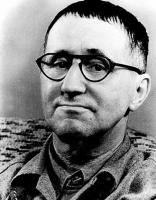
Francesco Mazzocchi
SULLA VIOLENZA
(Continues)
(Continues)
Contributed by Francesco Mazzocchi 2019/4/22 - 20:48
Stalin Wasn't Stallin'
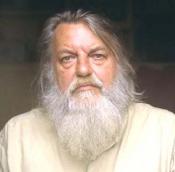
Domanda insensata...
Si tratta di una canzone risalente al 1943, ripresa 40 anni dopo da Wyatt... E poi la motivazione dell'inclusione era chiaramente esplicitata nella premessa, che forse non hai letto.
Ti consiglio poi la visione di film come "L'infanzia di Ivan" di Tarkovskij, o "Va' e vedi" di Klimov, per capire cosa è stata la guerra nazista in Unione Sovietica, la resistenza di popolo ed il tributo di sangue pagato da quella gente (oltre 20 milioni di morti, in maggioranza civili)... E all'epoca, che ti piaccia o no, Iosif Stalin era il capo politico militare dell'URSS, e nel 1945 sedette a Jalta accanto a Roosevelt e Churchill...
Di questo parla la canzone.
Nel 1943 non si sapeva ancora nulla dei crimini stalinisti, che sarebbero emersi via via tra la morte del dittatore e la dissoluzione dell'Unione Sovietica.
Si tratta di una canzone risalente al 1943, ripresa 40 anni dopo da Wyatt... E poi la motivazione dell'inclusione era chiaramente esplicitata nella premessa, che forse non hai letto.
Ti consiglio poi la visione di film come "L'infanzia di Ivan" di Tarkovskij, o "Va' e vedi" di Klimov, per capire cosa è stata la guerra nazista in Unione Sovietica, la resistenza di popolo ed il tributo di sangue pagato da quella gente (oltre 20 milioni di morti, in maggioranza civili)... E all'epoca, che ti piaccia o no, Iosif Stalin era il capo politico militare dell'URSS, e nel 1945 sedette a Jalta accanto a Roosevelt e Churchill...
Di questo parla la canzone.
Nel 1943 non si sapeva ancora nulla dei crimini stalinisti, che sarebbero emersi via via tra la morte del dittatore e la dissoluzione dell'Unione Sovietica.
B.B. 2019/4/22 - 16:40
Fabrizio De André: Dolcenera

@Juha Rämö & Krzysiek Wrona
The Greek lyrics by Christos Thivaios are largely a rewriting of the song in Greek (the title itself, Μαύρο μαργαριτάρι, means “Black Pearl”). I think I'll provide an English translation of the Greek translation to show how it works. I can say Christos Thivaios is a translation genius, anyway: not only had he to cope with a very difficult and multi-faceted poetical text, but also with his own language, Greek, that is characterized by a different tempo, by usually long, uncut words and, like Italian (Finnish, Polish), by vowels that are clearly pronounced in any position (but Greek makes no distinction between long and short vowels, and this is very important in a poetical and musical translation). The same, I say, holds for Krzysiek Wrona's Polish translation: both Christos and Krzysiek have made a true tour de force to bend their languages to a song text like this. And this is also a tribute to skilled translators who put love in what they are doing.
The Greek lyrics by Christos Thivaios are largely a rewriting of the song in Greek (the title itself, Μαύρο μαργαριτάρι, means “Black Pearl”). I think I'll provide an English translation of the Greek translation to show how it works. I can say Christos Thivaios is a translation genius, anyway: not only had he to cope with a very difficult and multi-faceted poetical text, but also with his own language, Greek, that is characterized by a different tempo, by usually long, uncut words and, like Italian (Finnish, Polish), by vowels that are clearly pronounced in any position (but Greek makes no distinction between long and short vowels, and this is very important in a poetical and musical translation). The same, I say, holds for Krzysiek Wrona's Polish translation: both Christos and Krzysiek have made a true tour de force to bend their languages to a song text like this. And this is also a tribute to skilled translators who put love in what they are doing.
Riccardo Venturi 2019/4/22 - 12:49
×
![]()


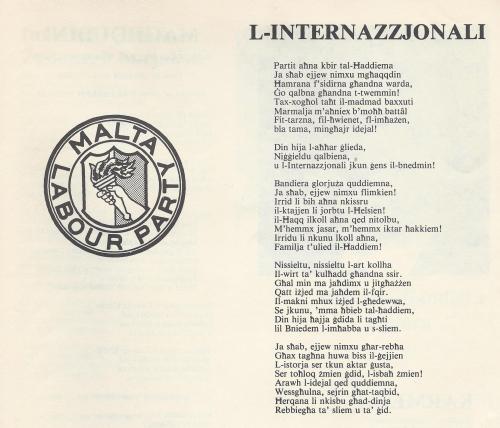



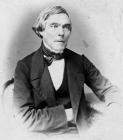
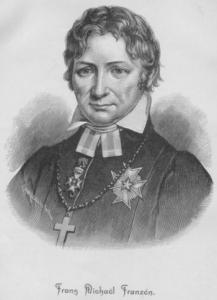
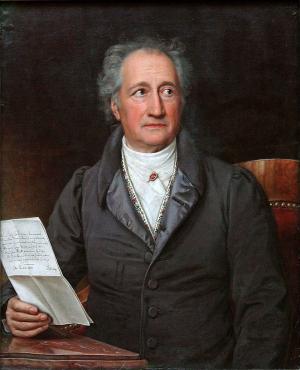

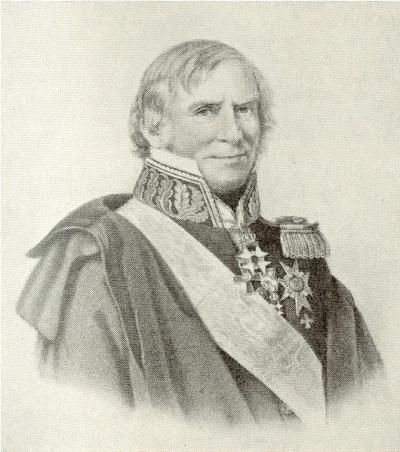
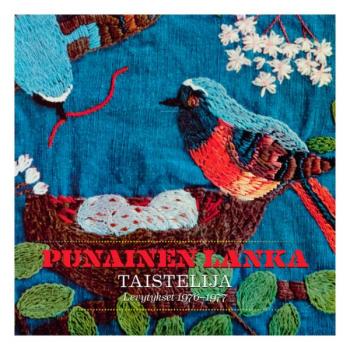
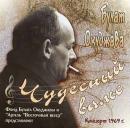
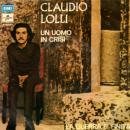
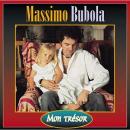
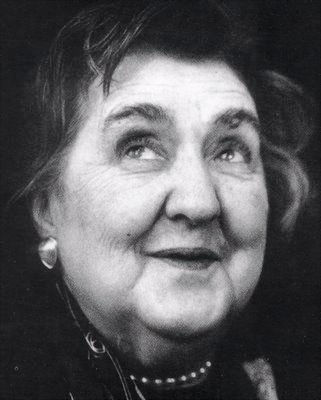
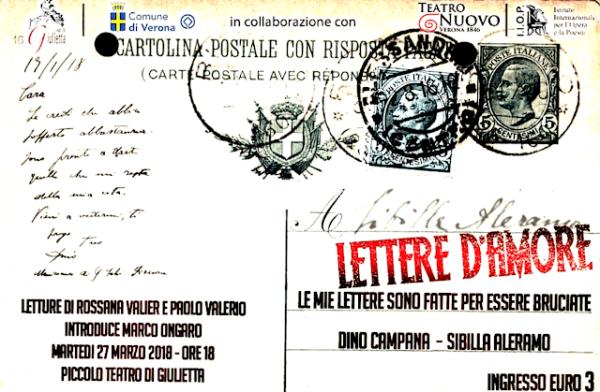


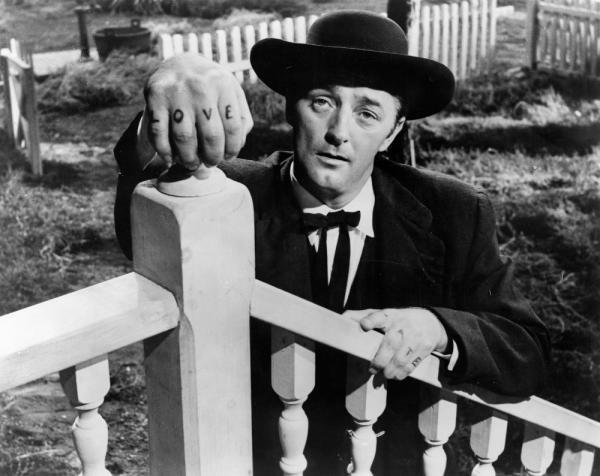
![Vapenlös [Jag vill möta...]](img/upl/vidkajen.jpg)
![Vapenlös [Jag vill möta...]](img/upl/vapenloes.jpg)

